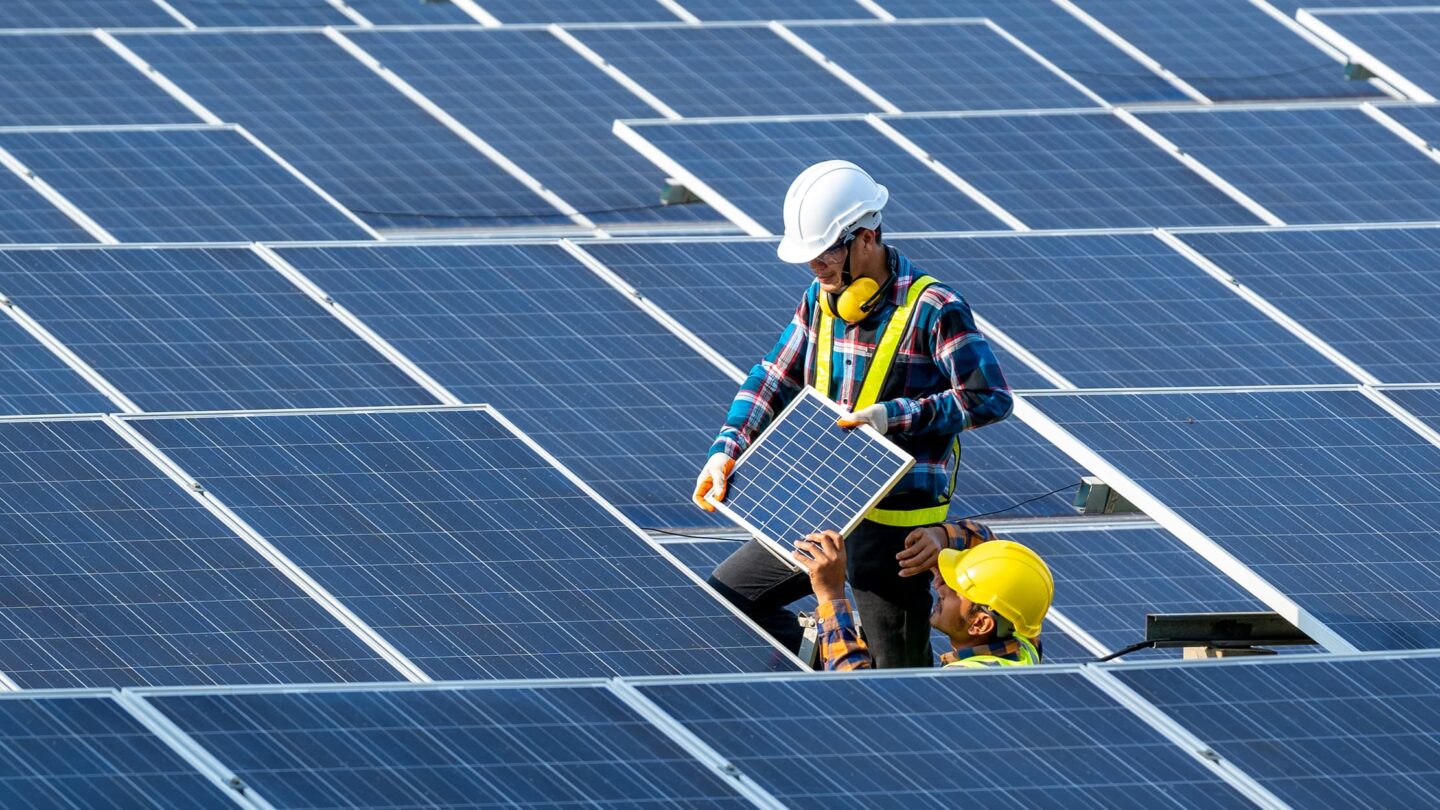Trending article
Solar tax incentives for individuals and businesses
Learn about the tax incentive programmes for renewable energy in South Africa, including solar panel rebates for individuals and businesses. By understanding the solar tax rebate calculations, individuals can benefit from a 25% rebate on the cost of new or unused solar panels, up to a maximum rebate of R15,000. Meanwhile, businesses can take advantage of an initial Section 12B capital allowance that provides for accelerated depreciation of 100% of the initial costs in the year the business started using the solar system, increasing to 125% from 1 March 2023.

When it comes to renewable energy, South Africa has two tax incentive programmes: One for individuals and their private residences and one for business owners.
Understanding solar tax rebate calculations is important because it can significantly reduce the initial cost of installing a solar system and make it more financially viable, especially for businesses.
A solar panel tax incentive is a government programme that provides tax breaks to encourage homeowners or businesses to invest in solar energy installations. Tax credits, rebates, deductions, and exemptions are all examples of incentives.
Solar tax incentives for individuals
Individuals that install rooftop solar panels qualify for a 25% rebate on the cost of new or unused solar panels – up to a maximum rebate of R15,000.
To take advantage of the total tax incentive, you’ll need to invest in solar panels worth R60,000. Suppose you pay an average of R2,500 per solar panel. In that case, you’ll need to buy 24 panels to benefit from the maximum rebate.
If the average home uses between five and ten solar panels at a cost of between R12,500 and R25,000, homeowners can claim a rebate of between R3,125 and R6,250.
Remember that this excludes the cost of the inverter and batteries to complete the solar system.
Although a wonderful incentive, it’s not practical, realistic, or affordable for most South African households.
Get your free cashflow template
Download our free cash flow forecast template to help you run your business and achieve your goals

How will you receive the tax rebate?
There are two ways to claim the rebate:
- If you are employed, you must include this in your income tax return for the year ending 28 February 2024 (from 1 July 2024).
- If you are a provisional taxpayer (i.e., self-employed), you will need to deduct this in your provision tax returns (February and August 2023) and in the final income tax return for the year (from 1 July 2024).
It’s important to note that you must pay income tax to receive the income tax rebate.
The fine print
- Only new and unused solar panels will qualify, and they can be installed as part of a new installation or as an addition to your existing solar system.
- Solar panels must have a minimum capacity of 275W per panel.
- The solar panels must be installed at a primary residence that is mainly used for domestic purposes.
- Installation must be accompanied by a valid Certificate of Compliance (COC) to ensure safety compliance.
- Solar panels must be part of a system connected to the residence.
- Solar panel costs will be eligible for rebates from 1 March 2023.
Solar tax incentives for businesses
The initial Section 12B capital allowance provides for accelerated depreciation of 100% of the initial costs in the year the business started using the solar system.
From 1 March 2023, this incentive will increase to an accelerated depreciation allowance of 125%.
So, a company that invests R150,000 in a solar system can deduct the following:
- VAT of 15% is reclaimable on the total installation charge (subject to a valid VAT invoice being issued by the supplier).
- Income tax saving of 27% for companies.
- If the R150,000 is VAT exclusive, the income tax savings will be R40,500.
The fine print
There is no limit on the amount that can be claimed for income tax purposes; however, the deduction will be for the initial costs of the solar system.
By understanding how these incentives work and are calculated, businesses can make informed decisions about the financial viability of investing in solar power. They can also accurately calculate the return on investment of a solar panel installation.
What’s more, by taking advantage of the available incentives, businesses can reduce their carbon footprint, save money on their energy bills, and increase their bottom lines.
Get your free cashflow template
Download our free cash flow forecast template to help you run your business and achieve your goals









Ask the author a question or share your advice